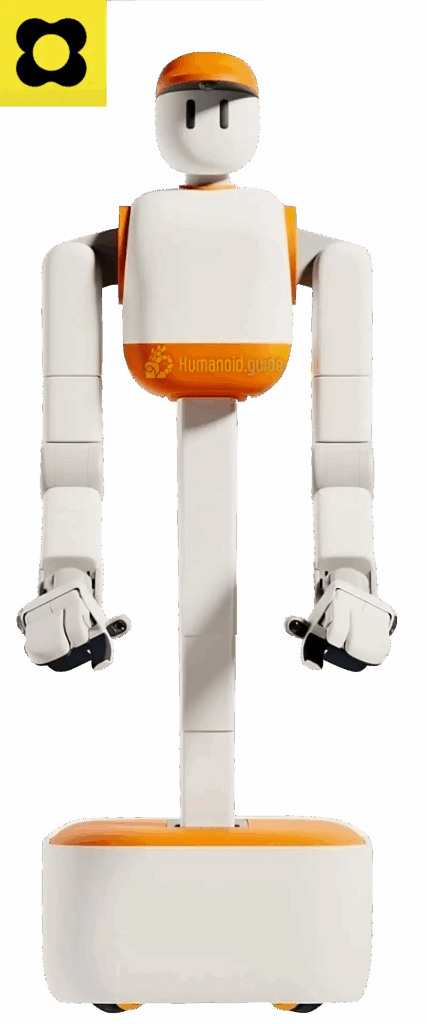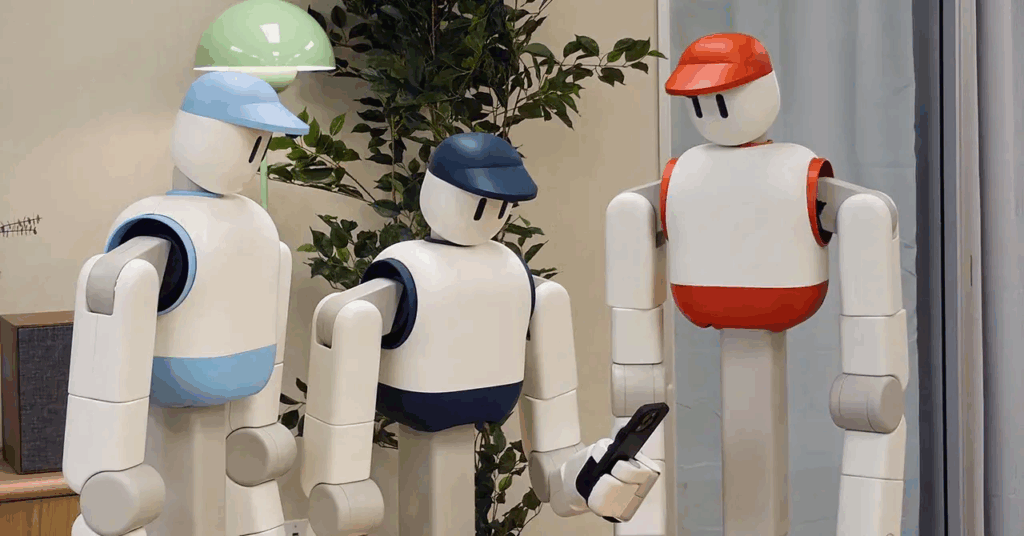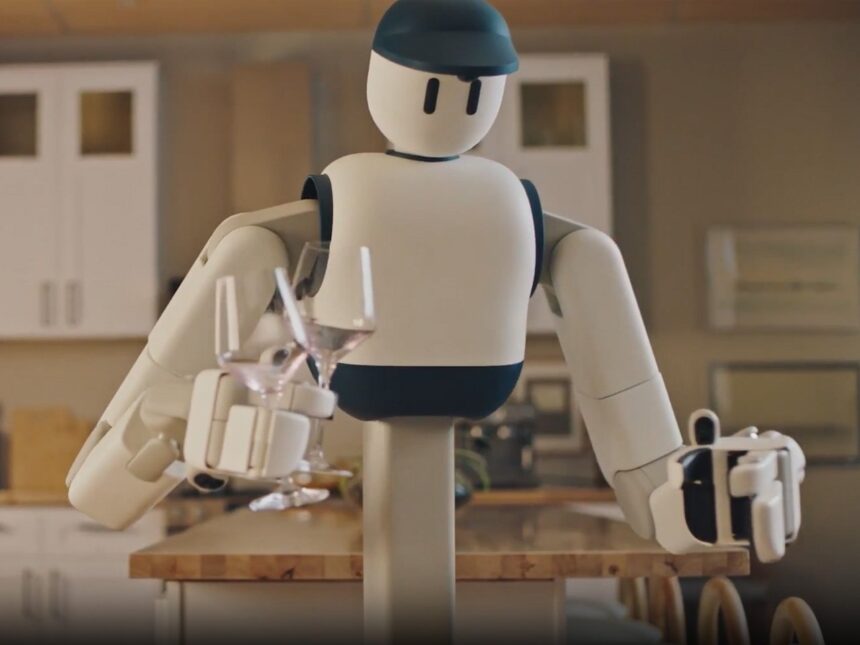Memo Picks Up Glasses and Loads The Dishwasher
An American startup claims it has cracked a problem that has stalled home robots for decades. Sunday Robotics says its new robot, Memo, handles everyday chores with uncommon precision. Memo clears a dinner table, loads a dishwasher, and folds socks. It even operates an espresso machine without spilling or shattering anything.
The pitch lands with a simple promise: real help in real homes.
What’s Happening & Why This Matters
A New Player Enters the Home Robot Race

Sunday Robotics (https://sundayrobotics.com/about) introduces Memo after less than two years of development. The design focuses on routine household tasks that stump most robots. Memo appears in videos gliding around on wheels as it grips dishes, wine glasses, utensils, socks, and more.
Cofounder Tony Zhao shares the company’s confidence in a post on X, calling Memo “a step change in robotic AI.” He adds that Memo completes more than 20 live demos without breaking a single wine glass. That detail matters because delicate objects usually expose the limits of robotic dexterity.
A Human-Trained System, Not a Simulation

Many robotics companies depend on synthetic data, heavy simulation, or expensive teleoperation systems. Sunday Robotics takes a different path. It trains Memo using real human motion, collected through custom gloves shaped like Memo’s Lego-style hands.
More than 500 data collectors across the U.S. wear these gloves and record grip strength, pressure levels, and handling techniques for thousands of objects. Zhao explains the motivation in a TBPN interview: gathering enough data through teleoperation “would take decades for sure.”
Teleoperation rigs also cost around $20,000. Memo’s data glove costs about $200. That difference changes who can contribute and how fast the company can iterate.
Why Memo Stands Out
Robotics struggles with the complexity of real homes. Humans rely on thousands of touch receptors that relay constant feedback. Robots don’t. That gap is why so many home robots remain limited to vacuuming or simple transport tasks.i
Memo tries to bridge that gap with a mix of tactile training, adaptive AI, and careful mechanical design. The result, at least in early demos, is a robot that handles glassware and dishware with surprising care.
Memo isn’t humanoid. It isn’t flashy. It’s built for chores, not entertainment. And that puts pressure on the rest of the industry. If Memo performs these tasks safely and consistently, the bar for home robotics will rise sharply.

TF Summary: What’s Next
Memo is a pragmatic, task-first home robot. The next question is scale. Sunday Robotics still needs customer testing, long-term reliability data, safety validation, and clear pricing. If the SR clears those hurdles, Memo can propel robots deeper into daily life and force bigger players to accelerate their own home-assistant strategies.
MY FORECAST: Memo drives a new race around domestic AI. Companies will compete on dexterity, safety, and cost. The winners will be the ones who master precision work under messy, real-world conditions.
— Text-to-Speech (TTS) provided by gspeech


